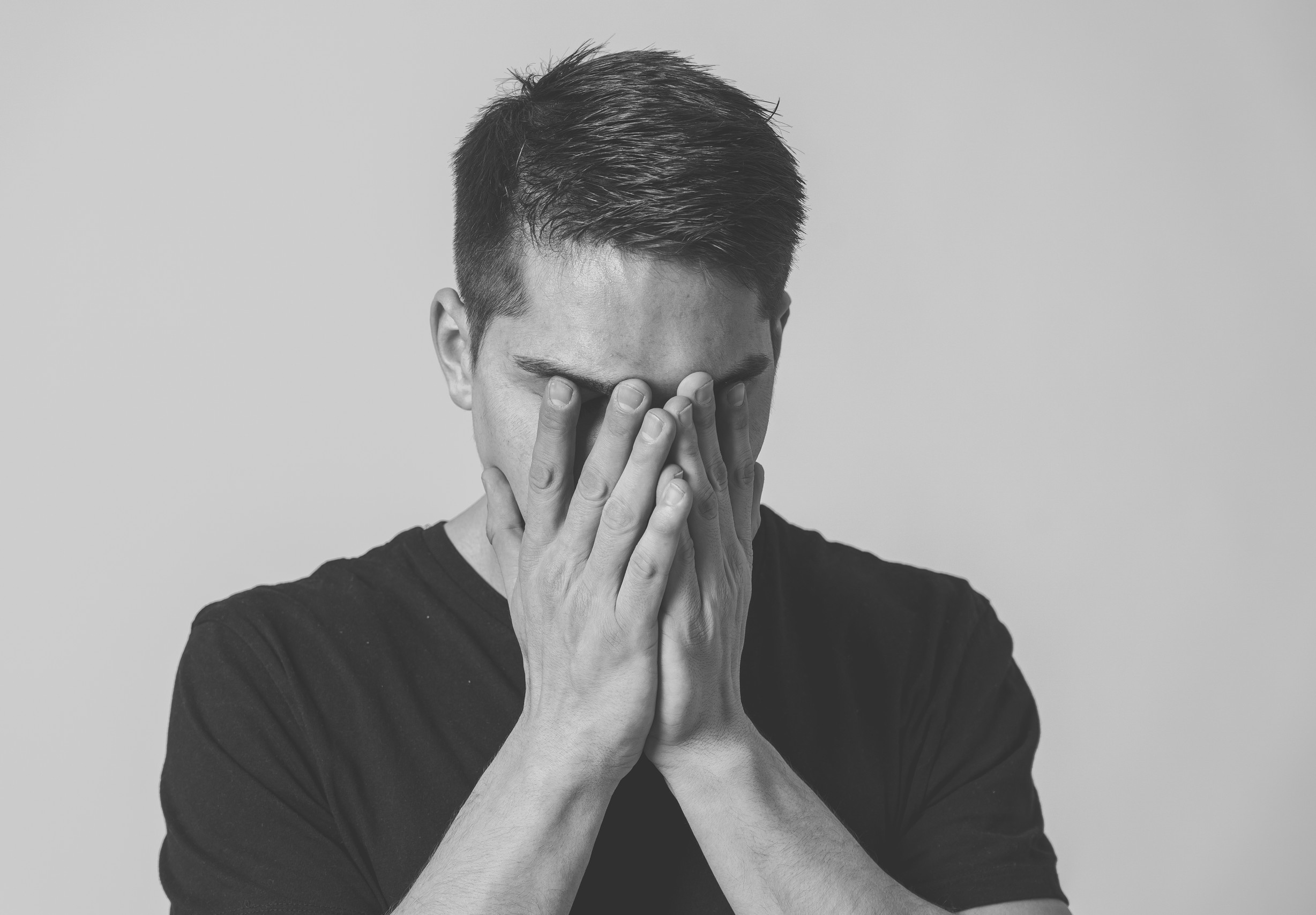
Anxiety can show up uninvited and unpredictable, but sometimes it seems to have a specific trigger: certain people. It might be a colleague, a family member, or even a friend who always seems to make the air feel heavier the moment they walk into the room. The tension in your shoulders tightens, your heart rate speeds up, and suddenly, every word you say feels like a minefield.
This type of situational anxiety can be confusing because it’s not always clear why it happens. But understanding the roots of this discomfort—and what to do about it—can make a world of difference in your everyday peace.
Understanding Why Certain People Trigger Anxiety
Human interactions are complicated, and emotional responses are often rooted in past experiences, subconscious associations, or unmet needs. Sometimes, anxiety around a specific person is tied to unresolved conflict, whether acknowledged or not. The brain can begin to associate someone’s tone, body language, or energy with criticism or rejection, even if those cues are subtle.
This is particularly true if that person reminds you of someone who once made you feel unsafe, judged, or powerless. Over time, this psychological conditioning builds tension whenever that person is near, even if the reasons aren’t immediately obvious.
The Role of Social Conditioning
From a young age, people are conditioned to behave in certain ways to maintain social harmony, especially around authority figures or those perceived as more dominant. This dynamic often leads to masking true thoughts or emotions, which creates internal friction and anxiety. Being around someone who evokes these expectations—like needing to please or impress—can trigger a fear of judgment or failure. The anxiety isn’t just about the person themselves, but the internal performance being rehearsed in their presence. It’s a stress response born from the fear of not measuring up to real or imagined standards.
Past Trauma and Emotional Echoes
Emotional wounds, even those buried in childhood, can resurface when interacting with someone who mirrors the traits of past offenders. Whether it was a controlling parent, a belittling teacher, or a dismissive partner, the nervous system remembers. This kind of anxiety isn’t about rational danger but emotional memory—your brain warning you that something feels too familiar. Even if the current person hasn’t harmed you directly, their presence can awaken dormant fears. That emotional echo is your body’s way of saying, “We’ve been here before, and it didn’t feel safe.”
Power Imbalances and Unspoken Tension
Not all anxiety is rooted in past trauma; sometimes it’s the dynamics of the current relationship that create unease. Being around someone with perceived power—whether through confidence, status, or influence—can spark feelings of vulnerability or inferiority. If the relationship lacks mutual respect or open communication, small misunderstandings can quickly escalate into silent stress. This is especially true in environments like workplaces or family hierarchies, where expectations aren’t always expressed but strongly felt. The tension comes not from what’s said, but from everything that’s left unsaid.
Personality Clashes and Energetic Incompatibility
Sometimes the discomfort isn’t about deep psychological trauma or unresolved history—it’s simply a matter of chemistry. People have different emotional frequencies, and some combinations naturally clash more than others. An overly dominant personality may make a more sensitive person feel constantly on edge, while a passive or aloof individual might trigger anxiety in someone who thrives on emotional warmth. These mismatches don’t mean anyone is wrong or bad; it just means the relationship may require extra emotional navigation. Anxiety in these cases is a signal that the connection needs boundaries, clarity, or sometimes distance.
What Anxiety Is Trying to Tell You
Anxiety around specific individuals isn’t a flaw—it’s information. It’s a clue from the emotional system that something in the interaction feels unsafe, unbalanced, or inauthentic. Rather than pushing it away or pretending it doesn’t exist, leaning into the discomfort can help decode what the anxiety is truly pointing toward. It might be asking for a boundary, a shift in perspective, or a hard conversation. Listening to that signal is the first step in reclaiming emotional agency.
Learning to Set Boundaries
Boundaries aren’t about shutting people out—they’re about protecting mental and emotional well-being. When anxiety spikes around someone, it often signals a lack of boundaries or a fear of enforcing them. Establishing clear limits in how much time is spent with that person, what topics are discussed, or how they are allowed to speak to you can drastically reduce internal stress. Boundaries can be communicated calmly but firmly, and over time, they create space for more balanced interactions. It’s not about control; it’s about creating emotional safety.

Rewriting the Narrative
Much of the anxiety experienced in relationships is shaped by the stories repeated in the mind—stories about worth, safety, and expectation. By becoming aware of these mental scripts, it’s possible to challenge them and reframe the narrative. Instead of thinking, “They always make me feel small,” the story can shift to, “I’m learning to stay grounded around people with strong personalities.” This change doesn’t happen overnight, but it’s a powerful way to reduce anxiety’s grip. Every new interaction is an opportunity to write a different ending.
Practicing Emotional Regulation
When anxiety starts to rise in the presence of someone, the goal isn’t to suppress it but to manage it in real time. Techniques like deep breathing, grounding exercises, or silently naming emotions can help calm the nervous system. Preparation also helps—knowing what to expect from a triggering interaction can reduce the element of surprise and allow for better control. Emotional regulation turns the focus inward, allowing strength to come from within rather than depending on others to change. Mastering this skill builds confidence and reduces future stress.
When to Create Distance
Sometimes, despite every effort, the best solution is to limit or end contact with the person who consistently causes anxiety. This can be especially hard when the person is a family member, long-time friend, or someone in a position of authority. But mental health must come before social obligation.
Walking away isn’t a failure—it’s a decision to protect peace and prioritize emotional clarity. If someone repeatedly makes life feel smaller, more constrained, or unsafe, it may be time to step away to breathe freely again.
Moving Forward with Awareness
Feeling anxious around certain people isn’t random—it’s rooted in something real, whether psychological, emotional, or situational. By recognizing the cause and taking intentional steps, it becomes possible to regain a sense of power in those interactions. Whether through boundaries, self-reflection, or distancing, the key is to treat anxiety as a messenger, not an enemy. Growth begins the moment that signal is respected rather than silenced. The goal isn’t to eliminate discomfort completely, but to no longer be ruled by it.
What about you? Have you noticed yourself feeling anxious around certain people? Share your experience or drop a thought in the comments because your insight might help someone else feel a little less alone.
Read More
10 Things Therapists Wish Everyone Knew About Anxiety
Is Your Phone Making You Anxious—or Are You Just Avoiding Your Feelings?
The post Why You Feel Anxious Around Certain People (And What to Do About It) appeared first on Everybody Loves Your Money.







